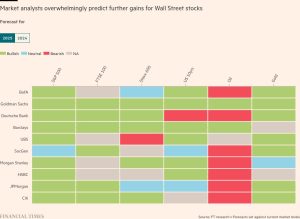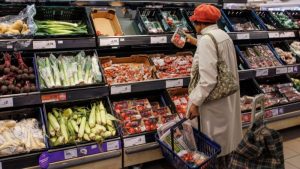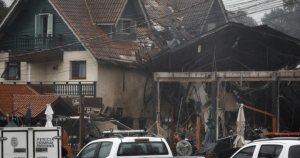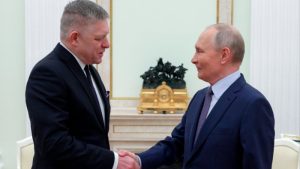IMF warns EU against state aid glut and ‘unilateral industrial policies’
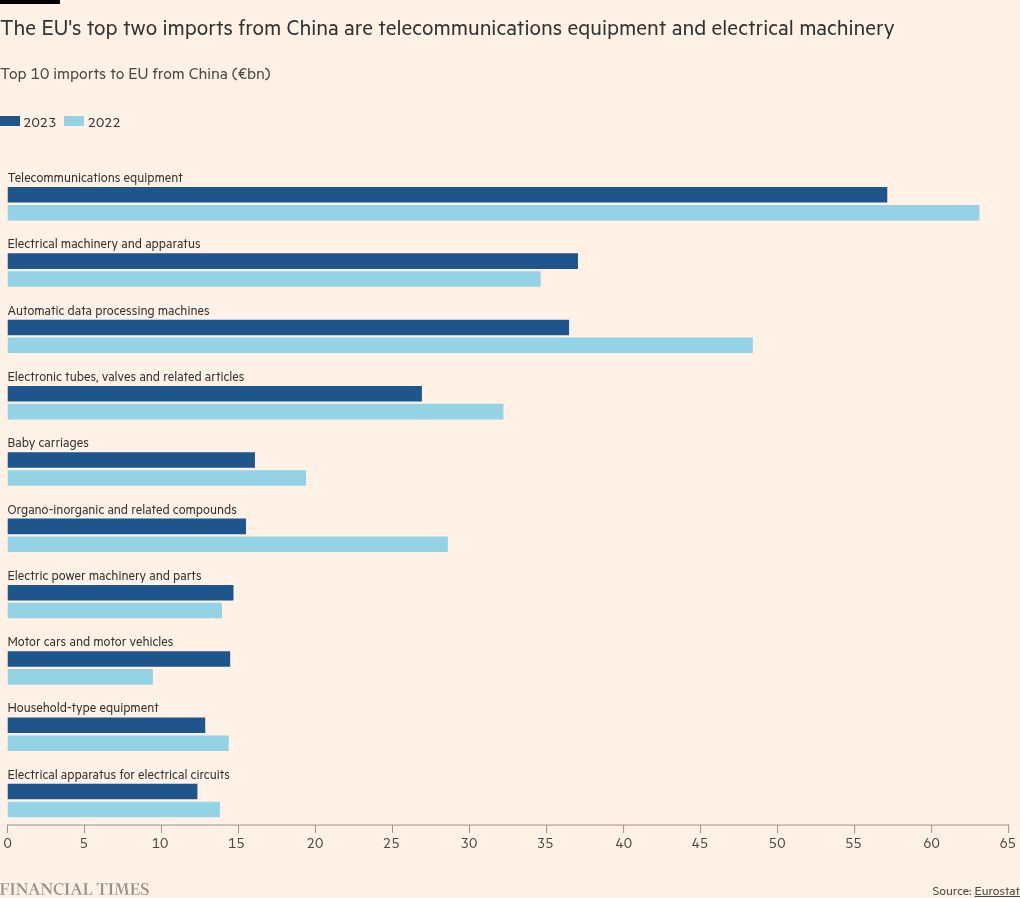
This article is an on-site version of our Europe Express newsletter. Premium subscribers can sign up here to get the newsletter delivered every weekday and Saturday morning. Standard subscribers can upgrade to Premium here, or explore all FT newsletters
Good morning. A scoop to start: deposed Syrian dictator Bashar al-Assad airlifted $250mn to Russia in shipments of $100 bills and €500 notes weighing nearly two tonnes, stashing them in sanctioned banks while he waged war against his own people, according to financial records seen by the Financial Times.
Today, our competition correspondent reveals the IMF’s concerns over rising EU state aid, and I explain why Germany’s chancellor actually wants to lose a no-confidence vote today.
Dirigisme, mon amour
The IMF has warned the EU its soaring state aid handouts must be “laser-focused” and co-ordinated or they risk undermining efforts to compete with rival economies such as China, writes Javier Espinoza.
Context: The EU is battling an identity crisis over its sliding economic competitiveness compared with the US and China, which are outperforming and outspending the European economy in key sectors.
In a report published today and seen by the FT, the IMF says industrial policy is “having a moment” in Europe, as policymakers take an increasingly interventionist approach to power the green transition and protect the economy and supply chains.
But it warns that more central co-ordination is needed to make sure that EU countries don’t out-subsidise each other.
State aid by member nations tripled over the past decade, rising from 0.5 of GDP in 2012 to around 1.5 per cent in 2022, mainly linked to green technologies and energy efficiency, the IMF found.
While subsidies can boost innovation, productivity and incomes, they can also backfire if poorly co-ordinated, particularly in an open economy such as the EU’s, the IMF warns.
“European state aid benefits recipient firms but is often detrimental to others,” the IMF writes, cautioning against “unilateral industrial policies”.
The paper, for instance, cites German state aid to electrical and optical equipment manufacturers which are to the detriment of its trading partner France.
The report finds that while the bloc’s current framework on state aid is a “good starting point”, more co-operation is needed, for instance in the form of joint programmes. It points to joint ventures such as that which became Airbus — funded by the UK, France and the former West Germany close to half a century ago — as success stories worth replicating.
The European Commission oversees competition and state aid policy in the bloc, but the IMF believes more centralised powers are needed to boost common initiatives.
“A centralised decision-making body could streamline priorities and better allocate resources to areas of mutual benefit,” the report states.
Chart du jour: Bargaining chips
Policymakers worry that divisions among EU countries will make it harder to respond to a potential flood of cheap goods from China, diverted to the EU when the US imposes higher tariffs on Beijing.
Zero confidence
In a brutal illustration of the woeful state of Germany’s political direction, the country’s chancellor will face a no-confidence vote today, and wants to lose it.
Context: Olaf Scholz’s Social Democrats and his Green partners don’t have a parliamentary majority, after the chancellor sacked his liberal finance minister Christian Lindner in November, whose FDP party then pulled out of the ruling coalition.
Scholz, as head of the EU’s biggest economy and most powerful member state, should bestride Europe. But his three-year long stint as chancellor has been marked by economic decline, coalition infighting and constant indecision, crippling Berlin’s clout in Brussels.
That has infuriated his EU partners, who attribute much blame for the continent’s current industrial malaise on German inaction.
Scholz will hope Germany’s parliament puts his moribund regime out of its misery today, triggering a constitutional trapdoor that will allow for an election on February 23 for which Germany’s politicians are already informally campaigning.
The SPD has the support of 17 per cent of voters, according to a poll published this weekend. The centre-right Christian Democratic Union leads with 31 per cent together with its Bavarian sister party, and the far-right Alternative for Germany (AfD) holds 20 per cent.
The AfD sees a tactical advantage in delaying the next election in order to eat into the CDU lead, and has mooted the possibility of springing a surprise today by voting in support of Scholz.
But most assume the procedural denouement will fall as planned, and let everyone get on with the business of canvassing for votes.
The CDU’s candidate for chancellor Friedrich Merz is the strong favourite to succeed Scholz, but there is no guarantee he would be able to build a more productive coalition.
Other EU capitals certainly hope he can. With France in an arguably deeper political morass, many hope a resurgent Berlin — with the clout both to take decisions and pay for them — will mark a change in fortunes inside and outside Germany’s borders.
What to watch today
-
EU foreign affairs ministers meet.
-
EU energy ministers meet.
-
European parliament plenary session kicks off in Strasbourg.
-
EU holds accession conference with Montenegro.
Now read these
-
Burnt out: A mental health pandemic is engulfing the world’s workplaces, with financial services among the hardest-hit sectors.
-
‘The original centrist’: Meet François Bayrou, France’s new prime minister and latest bet to navigate the country out of political turmoil.
-
Fiscal countdown: Italian premier Giorgia Meloni’s government is racing to push through a budget that fulfils tax-cutting pledges while trimming its deficit.
Recommended newsletters for you
Free Lunch — Your guide to the global economic policy debate. Sign up here
The State of Britain — Peter Foster’s guide to the UK’s economy, trade and investment in a changing world. Sign up here
Are you enjoying Europe Express? Sign up here to have it delivered straight to your inbox every workday at 7am CET and on Saturdays at noon CET. Do tell us what you think, we love to hear from you: [email protected]. Keep up with the latest European stories @FT Europe
#IMF #warns #state #aid #glut #unilateral #industrial #policies


